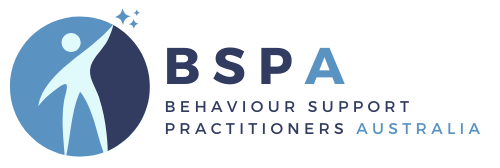About BSPA
Behaviour Support Practitioners Australia (BSPA) seeks to represent members as the national peak body for Positive Behaviour Support (PBS) practitioners in Australia.
It serves members that practice, or have an interest in, PBS provision in home and community settings for people with disability across the lifespan (including early childhood and aged care settings).
BSPA is focussed on practice excellence and is invested in the development of high-quality PBS practices by its members, regardless of whether they are state, federal, or privately funded.
Representing Practitioners
In Australia, the biggest single funder of PBS is the National Disability Insurance Scheme (NDIS). PBS is, however, recognised by a range of funders including the education system, aged-care, state-based motor vehicle accident insurance, and private funding.
BSPA has been established independently to the NDIS to represent the voice of behaviour support practitioners. However, it is seeking formal linkages with the NDIS Quality and Safeguards Commission to promote a shared agenda of high-quality behaviour support leading to good lives for people with disability, upholding human rights and reducing and eliminating restrictive practices.
Our Promise To You
The First Twelve Months
- Constitution update
- Establish expert advisory group
- Establish social media committee and codes of conduct for members-only social media groups
- Increased academic and practice resources available via membership hub
Activities For The Next 12 Months
- Develop strategic plan for 2023-2025
- Launch members-only ‘Supervision hub’
- Facilitate six professional development events
- Initiate quarterly newsletters
BSPA Strategic Plan
Meet Our Directors
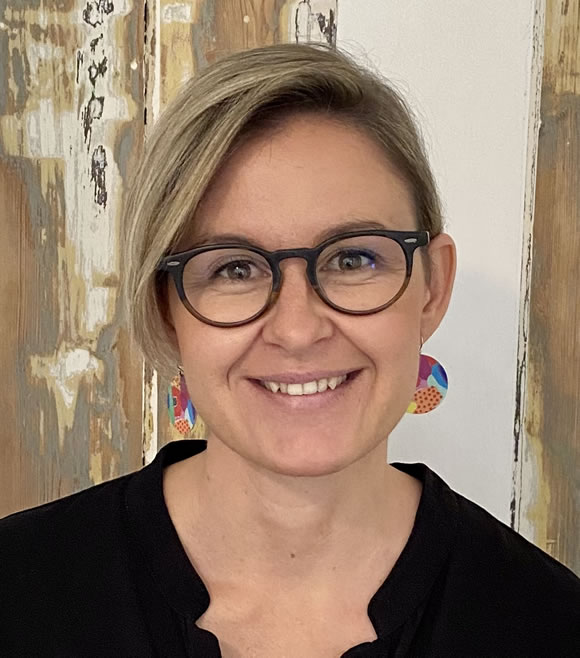
Dr Alinka Fisher
Chair, Board of Directors
Dr Alinka Fisher (BDisRehab, PhD) is a Senior Lecturer in Disability and Community Inclusion within the College of Nursing and Health Sciences, Flinders University. She began her career as a Developmental Educator specialising in PBS for people with disability, with 18 years of practice-based experience in the field. She coordinates and lectures in PBS within the Bachelor of Disability and Developmental Education and Graduate Certificate in PBS, Flinders University. Alinka completed her PhD in PBS for adults with brain injury, with a focus on family involvement. She is an active researcher in this field, and a regular presenter at national and international conferences.

Mr Matthew Spicer
Director
Matt Spicer is a Psychologist and Board Approved Supervisor in Psychology, with over 25 years of experience using PBS for people with disability and complex needs. He is a registered Behaviour Support Practitioner with the NDIS and has contributed as an expert panel member for the establishment of the capability framework for Practitioners. He has presented at national and international conferences on PBS and Trauma Informed Practice for people with disability and has also published in peer reviewed journals and textbooks on these topics.
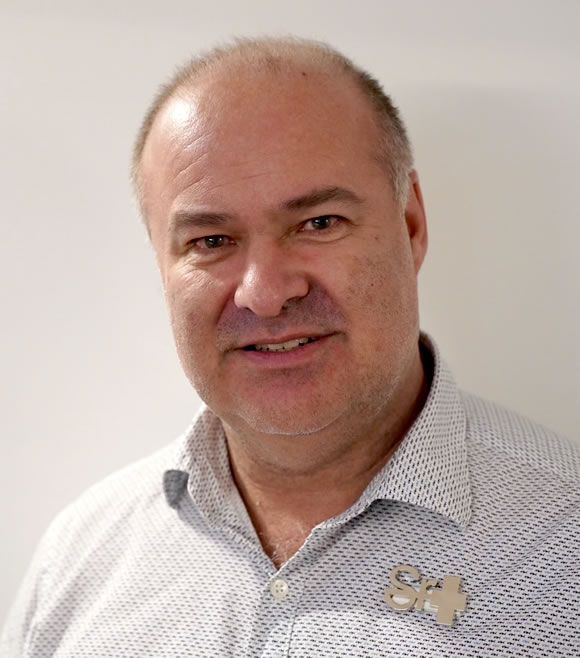
Dr Geoff Potter
Director
Dr Geoff Potter (Ph.D., BCBA) is the joint founder and Chief Clinical Officer of The Centre for Positive Behaviour Support a nationwide behaviour support service. He is a Board-Certified Behaviour Analyst and has worked in Positive Behaviour Support for over 32 years. Geoff’s area of expertise is Non-Linear Multi-Element Behaviour Support. He has a research interest in non-aversive situational support and contingency analysis and has been involved in the development of Restricted Practice Systems for governments and providers for over 20 years. Geoff has also published and presented at several international conferences.
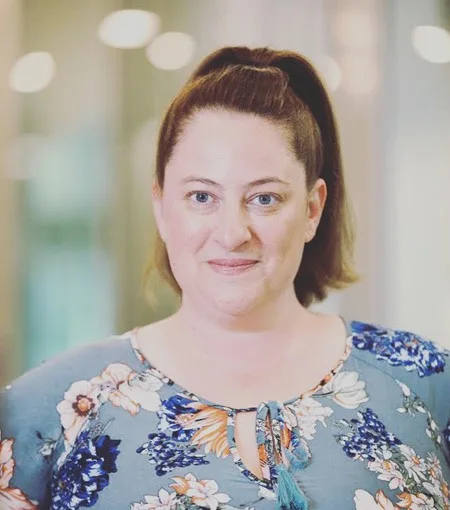
Dr Erin Leif
Board Member
Dr Erin Leif is a Senior Lecturer in the School of Educational Psychology and Counselling, Faculty of Education, at Monash University. In this role, she coordinates the Master of Applied Behaviour Analysis course, and teaches graduate level coursework in behaviour assessment, behaviour support, and evidence-based practice. Erin’s work places a strong emphasis on the critical importance of upholding and safeguarding the inherent dignity, equality, and freedoms of every individual. At the core of her research lies a deep commitment to promoting social justice and inclusivity, ensuring that the rights of all people, but particularly people with disabilities, are recognised and protected. Erin’s current research focuses on ways to help parents, teachers, and behaviour support practitioners use positive, preventative, evidence-based practices when supporting people with diverse learning needs in home, school, and community settings. Her research interests include positive behaviour support, multi-tiered systems of support, trauma-informed behaviour support, and universal design for learning.
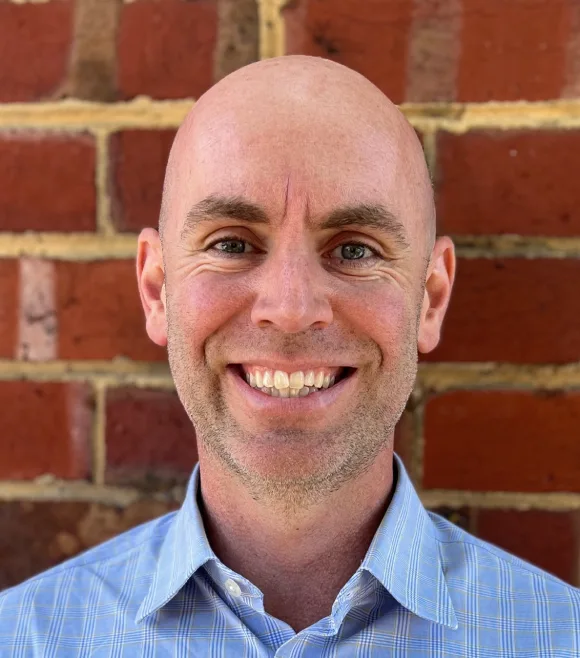
Niall Hewitt
Board Member
Niall Hewitt (B.A.Sc – Disability) is a developmental educator with extensive practical experience implementing positive behaviour support. He is co-founder and director at Rubix Support, a Victorian-based service providing positive behaviour support for children and adults. Niall promotes innovative approaches to relationship and sexuality education for adults and teens with disabilities, and partners with organisations supporting people with disability experiencing family violence.
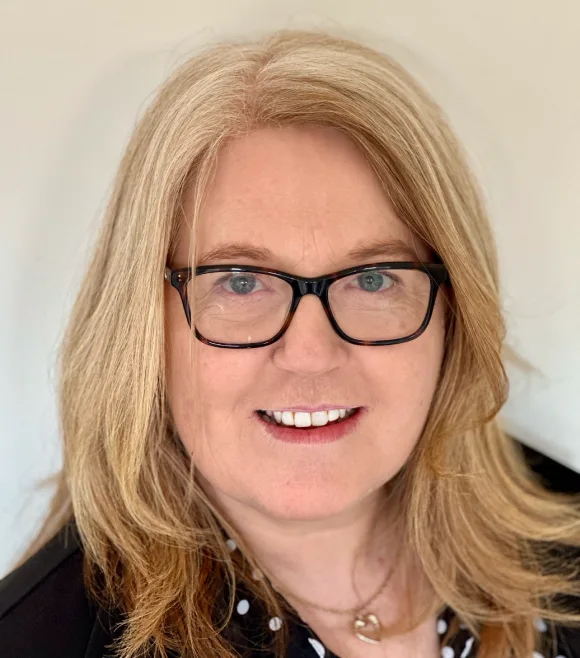
Jo McRae
Director
BSPA also has State Chapter Leaders. This is a group of volunteers passionate about PBS who will be facilitating and connecting with existing PBS Communities of Practice across Australia.
If you want to keep connected with local networking opportunities and state-based events, please join us.
